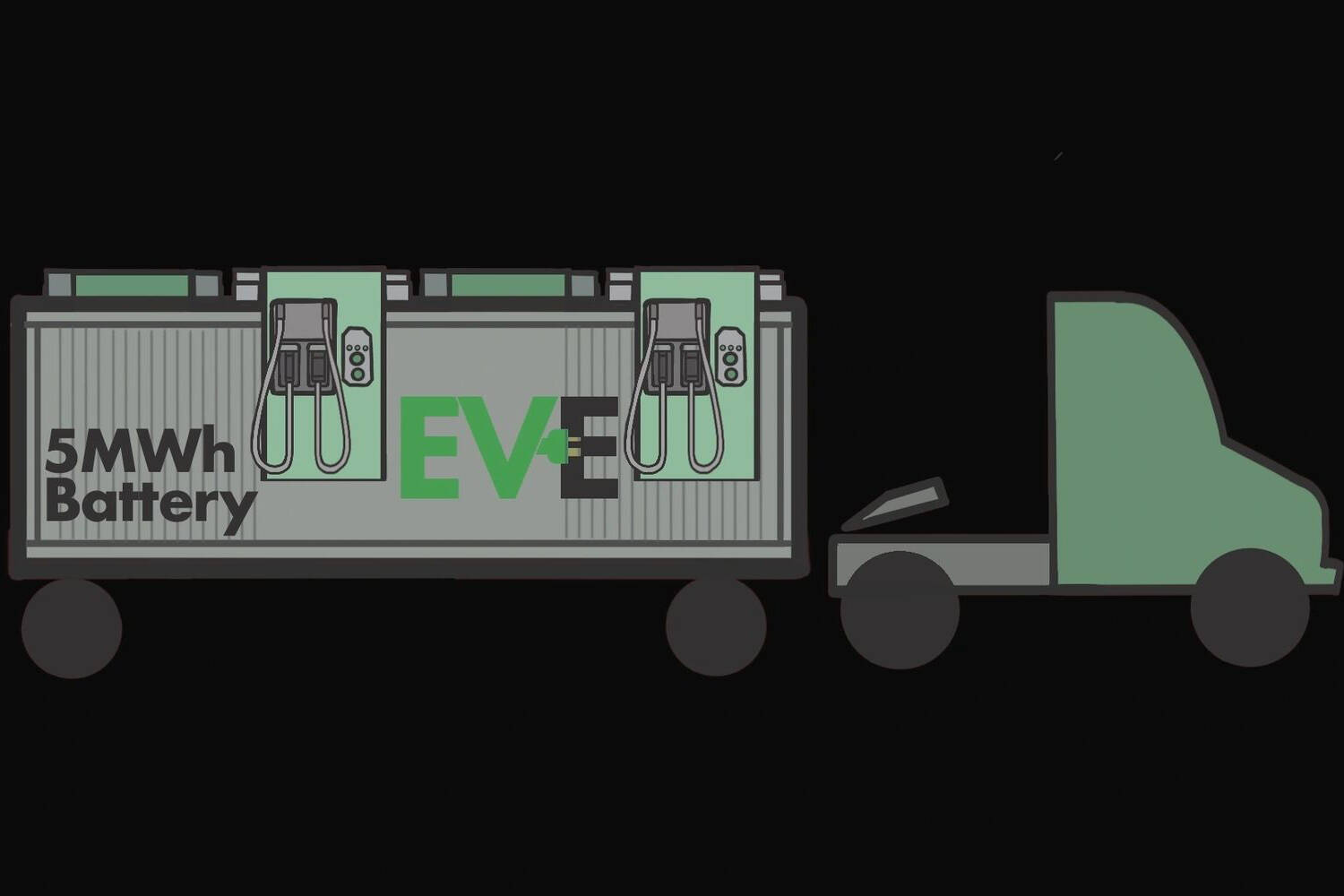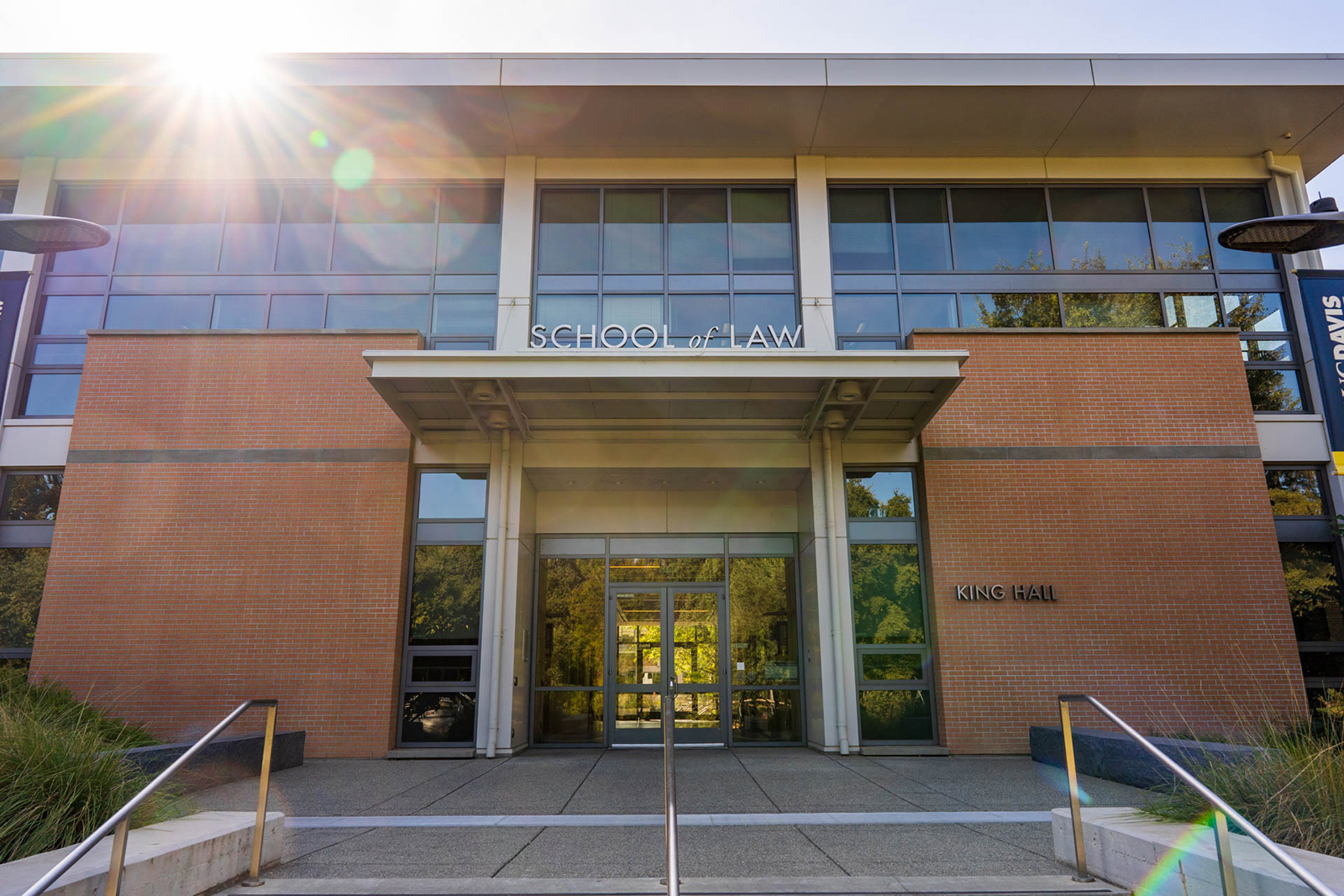From the Sonoma Independent’s article UC Davis “Be the Media” Course Breaks New Ground for Climate Activism published March 2, 2022.
“Climate Solutions Advocacy: Be the Media”, a first of its kind ecology course, will be offered to UC Davis graduate students as a participatory seminar starting March 30.The class will unite digital media advocacy with scientifically vetted climate solutions.
The description of the two credit class, which will meet as a workshop once a week for two hours, is to: “Understand, develop, script, and articulate a climate solution narrative in easily marketable language for direct advocacy purposes.”
Guest instructor Jonathan Greenberg, a nationally renowned journalist and Webby Award winning media innovator, will teach the class with two of UC Davis’ most distinguished environmental science professors” Tom Tomich and Anthony Wexler.
This is the first course ever offered that trains scientists to use what Greenberg calls “evolutionary media advocacy.”
This means, Greenberg says, “using the digital media revolution to transform the way people receive and share information, from a hierarchical, profit driven corporate media model to a decentralized people-powered system that facilitates transparency, accountability and integrity.”
Students of UC Davis’ new Be the Media class will work collaboratively with the professors in teams of four to develop narratives, in the form of short, hyperlink-sourced articles and two minute public testimony “elevator pitches” for four climate solutions.
Each class will be broken into two halves. The first half will be a lecture by Greenberg on critical media theory and the historic opportunity that “being the media” provides in order to build the public awareness necessary to implement climate solutions, followed by a discussion of sample narratives and campaigns.
The second half of the class will be a science professor-led team workshop to prepare and carefully fact check a solution narrative and related media, including a two minute oral presentation of the public testimony of a solution for a government hearing or potential supporter.
The combination of the three instructors’ specializations reflects the objective of the class: to move the battle for our climate future out of the academic journals and into the voting booth.
With more than 25 years of experience in the US and abroad, Professor Tomich brings a global, innovative, and pragmatic approach to sustainability science. His leadership roles include founding director of the Agricultural Sustainability Institute, inaugural holder of the WK Kellogg Endowed Chair in Sustainable Food Systems, and founder of the Food Systems Lab at UC Davis.
“No doubt, we need more research on practical climate solutions, but it also is clear that science alone is not enough,” Professor Tomich said. “We need to step up and confront the vested interests that block the policies and innovations needed to avert disaster. Time is growing short to turn this around.”
Professor Wexler’s research has focused on the health effects of aerosol particles in the atmosphere depending on how those particles are transported and transformed. Wexler is the founder and Director of the Air Quality Research Center and founder of the Climate Adaptation Research Center as well as a UC Davis Distinguished Professor of Mechanical and Aerospace Engineering, Civil and Environmental Engineering, and Land, Air and Water Resources at UC Davis.
“I have worked for nearly my entire career on air quality and climate using my scientific and engineering knowledge, but science and engineering can only do so much if the media and internet have distorted the value of scientific facts,” Professor Wexler explained. “My interest in the course stems from my frustration with the diminishment of the value of facts and the importance of elevating science and scientific facts to a level where policy and action will be motivated by them.”
Greenberg believes that a different media paradigm can advance the climate solutions needed for our common survival by cutting out the corporate middleman between the public and scientific and political information.
For 15 years, Greenberg has been doing just that, with his company, Progressive Source Communications, which has collaborated with grassroots advocacy efforts to create and market transformative narratives, short web videos, and campaigns that empower citizens to use social networks to Be the Media. These include the Campaign to Stop the Monsanto Doctrine, Solar Cookers Intl. Carbon Offset Campaign, the InformYourVote.org Democratizing Media Platform, the Campaign to Free Lakota Foster Children and the ACLU’s “Legacy Challenge” Web Videos.
Greenberg also founded this award winning public interest advocacy website, the Sonoma Independent, to spread direct action campaigns for local and California solutions largely ignored by traditional media, like the Bury Fire Causing Power Lines Now! Campaign, and Sonoma County’s Campaign to Restore Library Hours.
The instructors plan to continue the course in the fall, developing these four climate solutions into two minute videos and petitions.
The three-part participatory seminar will conclude with a winter quarter course focused on marketing each solution petition directly to voters that will be called “How to Make $10,000 Act Like $10 million on the Internet.”
Related Posts
EV Everywhere to build 5 MWh mobile battery charging station
One of the easiest ways to improve travel photos is shooting in better light,…
How Off Grid Power Systems will transform electricity distribution
One of the easiest ways to improve travel photos is shooting in better light,…
Solar Solution Practicum Taught at UC Davis Law School
One of the easiest ways to improve travel photos is shooting in better light,…



